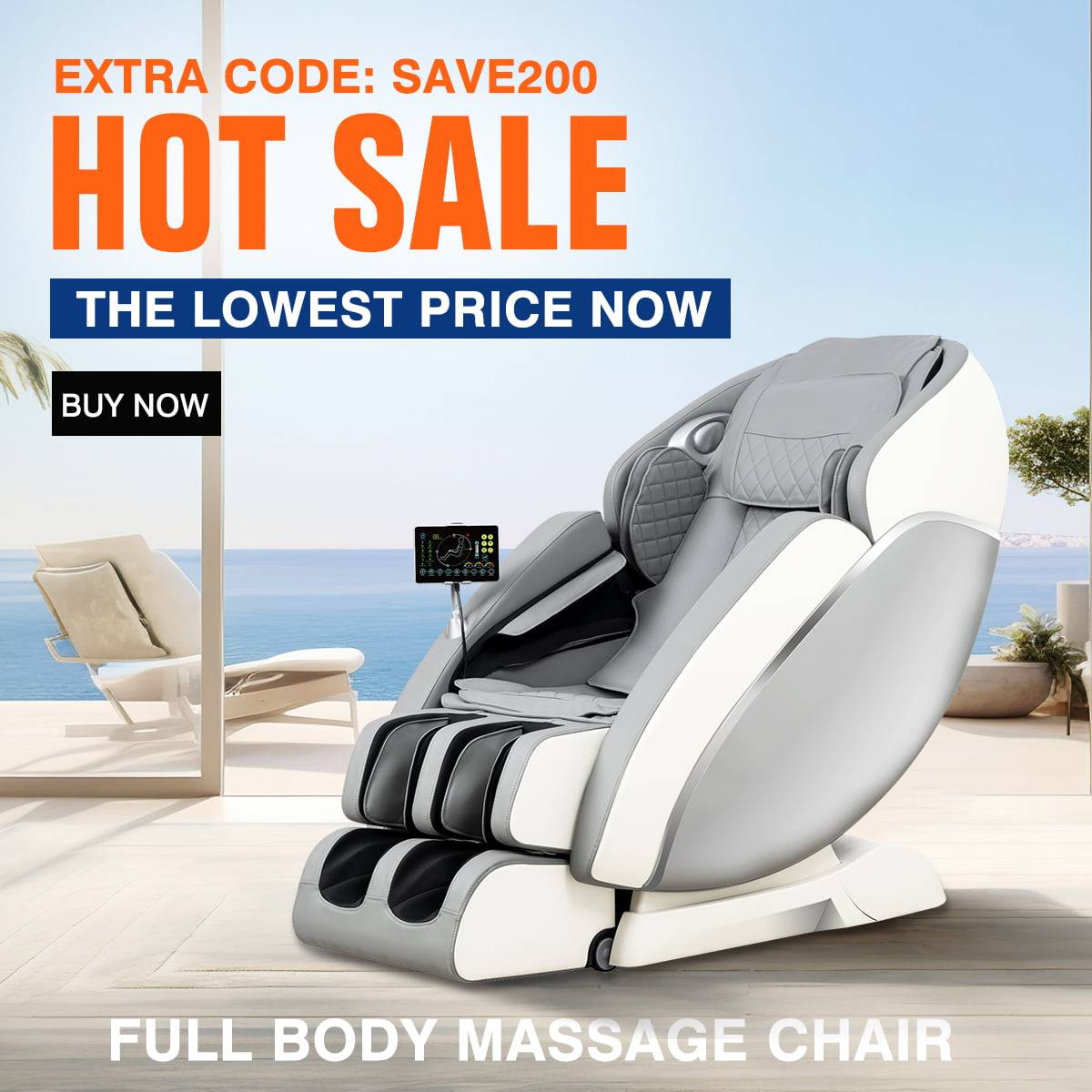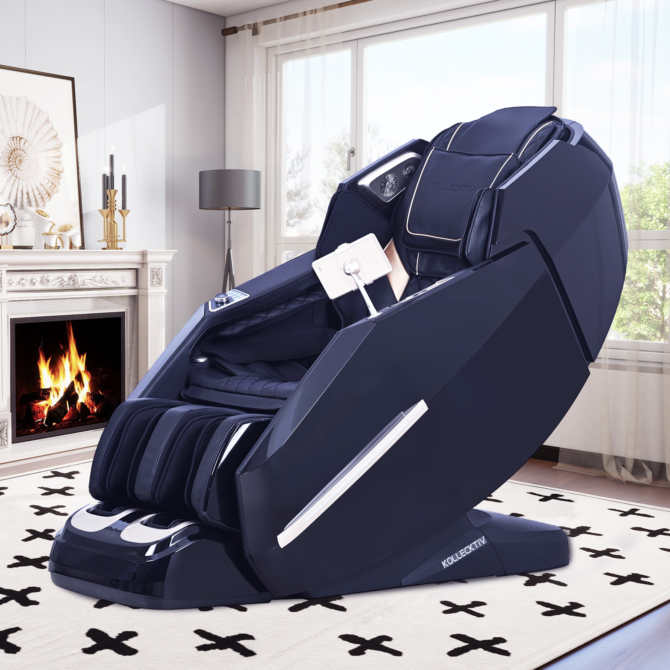What do doctors say about massage chairs?

Massage chairs have become increasingly popular as people seek convenient ways to relieve stress, muscle tension, and improve overall well-being. But what do medical professionals say about the use of massage chairs? Here’s an exploration of doctors’ perspectives on massage chairs, highlighting their potential benefits, limitations, and important considerations for users.
Benefits Recognized by Doctors
- Stress Reduction and Relaxation: Many doctors acknowledge that massage chairs can effectively reduce stress and promote relaxation. The gentle kneading and rolling actions help to lower cortisol levels, the hormone associated with stress, leading to a calmer, more relaxed state.
- Pain Relief: Medical professionals often recommend massage chairs for their ability to alleviate pain, particularly in the back, neck, and shoulders. The chairs target specific pressure points, which can relieve muscle tension and reduce pain. This is beneficial for individuals with chronic pain conditions, such as fibromyalgia or arthritis.
- Improved Circulation: Doctors note that the rhythmic movements of massage chairs can enhance blood flow. Improved circulation helps deliver oxygen and nutrients to muscles and tissues more efficiently, promoting faster recovery and reducing fatigue.
- Posture Improvement: Regular use of a massage chair can aid in correcting poor posture. By relieving tension in the muscles and promoting relaxation, these chairs help the body return to a more natural, aligned posture. This can prevent future strain and discomfort associated with prolonged sitting or poor ergonomics.
Limitations and Precautions
- Not a Substitute for Medical Treatment: While massage chairs offer numerous benefits, doctors emphasize that they are not a substitute for professional medical treatment. For individuals with serious medical conditions, such as severe spinal issues, cardiovascular diseases, or advanced osteoporosis, professional medical advice and treatment are essential.
- Potential Overuse: Doctors caution against overusing massage chairs. Excessive use can lead to bruising, muscle fatigue, or exacerbation of certain conditions. It’s recommended to follow the manufacturer’s guidelines and limit sessions to appropriate durations.
- Consultation for Specific Conditions: It is crucial for individuals with specific health concerns to consult their healthcare provider before using a massage chair. Conditions such as herniated discs, blood clots, or skin infections may require special consideration to avoid adverse effects.
Important Considerations
- Customization and Adjustability: Doctors recommend choosing massage chairs with customizable settings. Being able to adjust the intensity, speed, and type of massage ensures that users can tailor their experience to their comfort level and specific needs.
- Quality and Ergonomics: Investing in a high-quality massage chair is essential. Ergonomically designed chairs with body scanning technology and premium materials provide better support and a more effective massage, enhancing safety and comfort.
Conclusion
Doctors generally view massage chairs as beneficial tools for stress relief, pain management, and overall well-being when used appropriately. They highlight the importance of moderation, customization, and seeking medical advice for individuals with specific health conditions. While not a replacement for professional medical treatment, massage chairs can be a valuable addition to a holistic approach to health, offering convenience and therapeutic benefits in the comfort of one’s home. For those considering a massage chair, consulting with a healthcare provider can ensure safe and effective use tailored to individual health needs.


